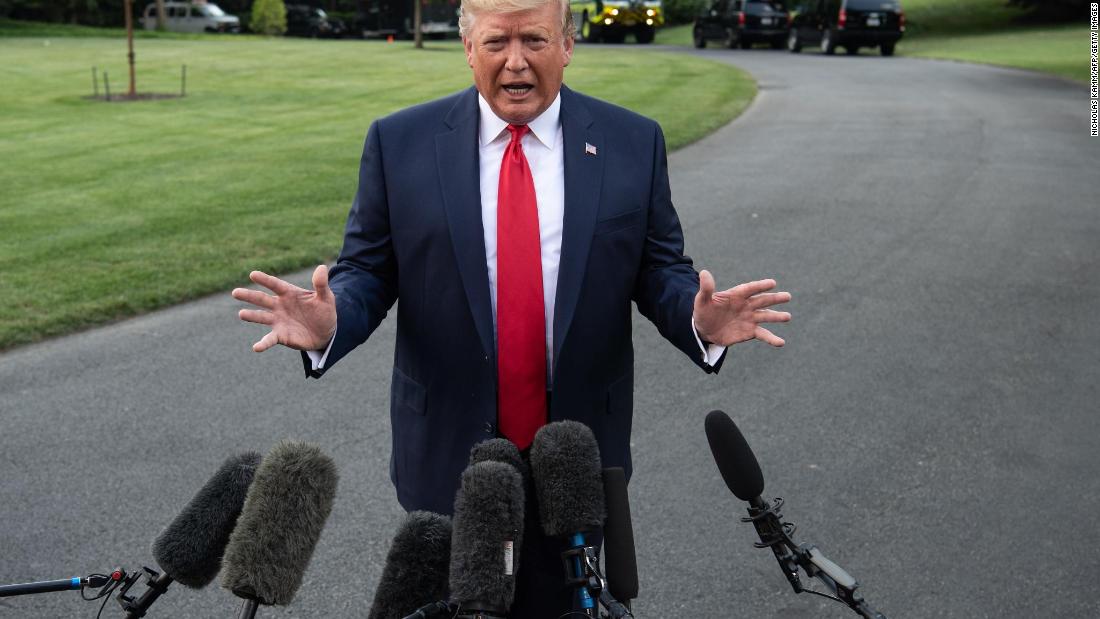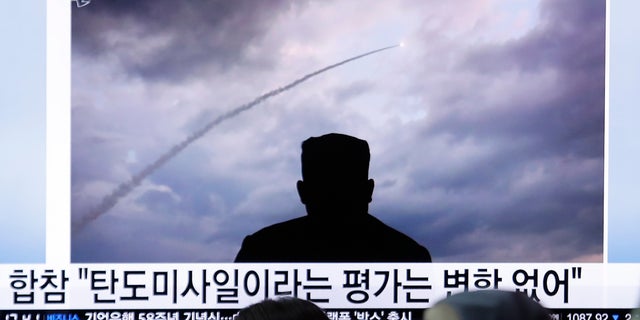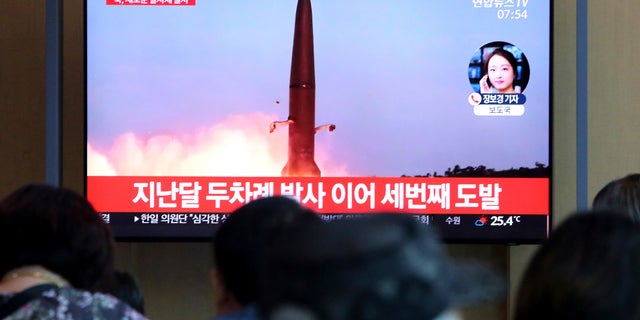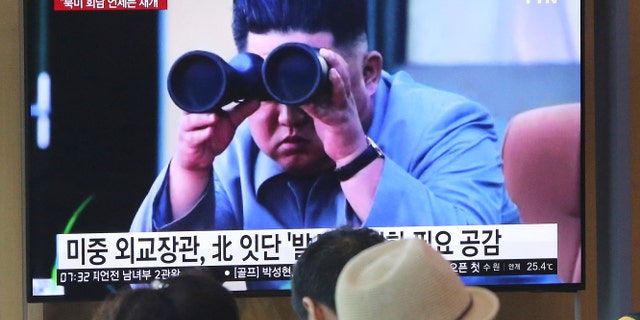President Donald Trump signaled Thursday that he would hike tariffs on Chinese imports next month after recent talks failed to deliver a trade deal, escalating his trade war with Beijing and taking more direct aim at consumer products.
The move increases the risk of recession next year as well as the chances of another Federal Reserve cut in interest rates in September, economists say.
"It's adding further stress to an already stressed trade environment," says Gregory Daco, chief U.S. economist of Oxford Economics. "It adds up to a very significant slowdown in economic growth."
This latest threat is to introduce a 10% tariff on $300 billion in Chinese imports not covered by earlier tariffs.
An existing 25% tariff on $250 billion in Chinese imports – as well as duties on imported appliances, steel and aluminum – are already set to reduce economic growth by three-tenths of a percentage point next year, Daco says. The proposed tariff on $300 billion in Chinese shipments would shave off another tenth, cutting growth by nearly half a percentage point to 1.7%, he says.
If the trade war escalates beyond that – with the 10% tariff rising to 25% or new tariffs on European auto imports – a recession would be likely next year, Daco says.
The new 10% tariff, if it takes effect, already has led Moody's Analytics chief economist Mark Zandi to raise his recession odds over the next 12 months to 50% from 35%.
The president believes that imposing or threatening tariffs will force China to further open its market to U.S. products and make other concessions, such as clamping down on the theft of U.S. intellectual property. Critics say the tariffs harm American businesses and consumers.
Only one thing's certain: Nothing is certain. Trump has threatened tariffs before and then backed off.
Before this latest announcement, the average tariff on Chinese goods imported to the U.S. was 18.3%, up from 3.1% in 2017, according to the Peterson Institute for International Economics. After, and if, the new round takes effect, the average tariff will rise to 21.5%.
Here's what we know about the newest round of tariffs:
When does it take effect?
Sept. 1. If Trump doesn't back off.
The move could be a ploy to get China to bend in negotiations. Daco reckons a deal, or progress in the talks, will be announced in late August, suspending the tariff. But Goldman Sachs believes it will likely take effect.
How will this affect me?
Prices of certain goods could increase. That's because tariffs placed on imported goods are essentially tax increases.
Why? Because tariffs make it more expensive to import goods from China.
The question is: Will businesses pass along the increased cost to consumers? Many will probably choose to pass along at least some of the tariffs, even if they absorb part of it.
Pricier shoes?
It's a little too early to say with confidence which products will be most affected. But there are early indicators.
Sixty-two percent of the products affected are consumer goods, according to Goldman Sachs. Apparel and footwear make up nearly 20% of the affected products, based on value, Goldman says. Toys comprise 10%, and cellphones, 17%. The prior tariffs against China mostly hit intermediate and industrial goods.
Apple's iPhone prices could increase by about $75 to $100, according to Wedbush Securities analyst Daniel Ives.
UBS analysts reported recently that increased tariffs on Chinese imports could hike the price of home furnishings and toys.
Could China retaliate?
Yes. Consider it likely. In earlier phases of this trade war, China has increased tariffs on American goods like soybeans and aircraft.
American farmers and companies have complained about the negative effects on their sales to China.
How will American jobs be affected?
If China retaliates by imposing new tariffs on American goods, U.S. companies could be forced to reduce domestic production or move it outside of the U.S. to avoid the tariffs. That could have a negative effect on jobs.
Retail sales could also fall. UBS analysts said tariffs on Chinese goods could trigger "widespread store closures."
The bank's analysis said tariffs on Chinese imports could put $40 billion in sales and 12,000 stores at risk.
What about the stock market?
Financial markets around the world buckled Friday following Trump’s threat. Investors, who were taken off guard by the announcement Thursday, fear the escalating trade battle between the U.S. and China will slow the global economy.
The S&P 500 was down 1.1%, as of 1:22 p.m. ET. The Dow Jones Industrial Average fell 236 points, or 1%, to 26,342, and the Nasdaq was down 1.7%.
The government released its monthly jobs report on Friday, and it’s usually a major, market-moving event. But it hewed closely to economists’ expectations, and analysts said it was overshadowed by worries about trade.
How will interest rates be affected?
The Fed lowered its key rate by a quarter-percentage point this week, its first rate cut since 2008, largely because of the U.S.-China trade war and a slowing global economy. The new proposed tariff raises the odds of another cut in mid-September, Oxford and Goldman Sachs say.
The tariff, Daco says, serves two purposes for Trump: pressuring China and forcing the Fed to cut rates more sharply, something he hasn't been able to accomplish by repeatedly badgering Fed Chairman Jerome Powell.
"In this bilateral trade war, the administration has now taken the Fed hostage," Daco wrote in a note to clients.
Contributing: Kelly Tyko, The Associated Press.
Follow USA TODAY reporter Nathan Bomey on Twitter @NathanBomey.
https://www.usatoday.com/story/money/2019/08/02/trump-china-tariffs/1898606001/
2019-08-02 16:03:00Z
52780343923336







